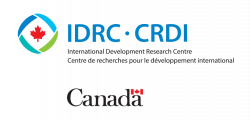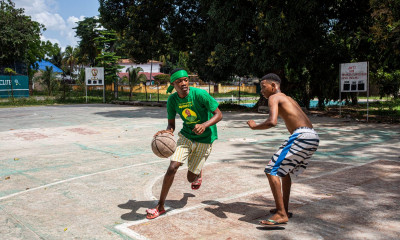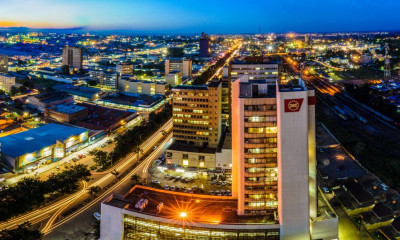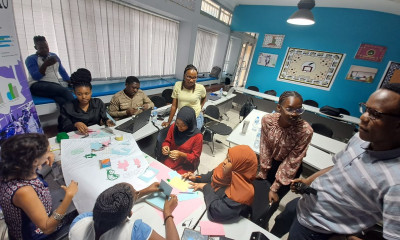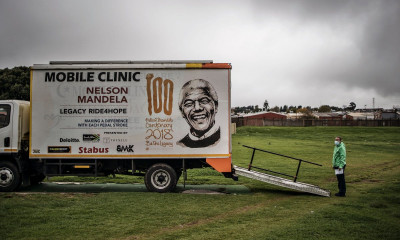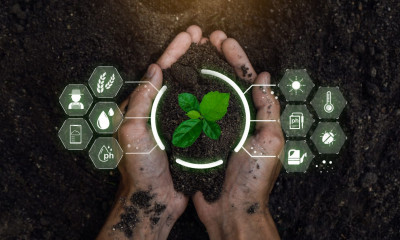This project is developed under IDRC’s strategic foresight framework. Sub-Saharan Africa (SSA) has the youngest population of any region of the world. The rapidly shifting global trends because of COVID-19 pandemic, growing population, climate change, and technological revolutions contribute to disrupt the social and economic integration of young people into the labour market, altering business models and changing future prospects in terms of work and skill demands. Governments in East and Southern Africa region have identified skills development, gender mainstreaming, and work readiness as crucial in shaping future labor market and social outcomes. As such, countries have elaborated comprehensive technical and vocational training strategies that seek to equip the youth with the necessary skills for current job market. However, the complex, rapid and interlinked global changes underscores going beyond addressing immediate challenges and necessitates re-imagining of the futures of skills needs based on ongoing and emerging trends. Yet, research organisations and policy makers ability to apply long-term thinking and futures methodologies for effective planning is limited.
As countries in the region shift attention toward post-pandemic recovery and climate change mitigation, it is important for policymakers to explore futures thinking and foresight approaches to rethink skills training and employment, including technical and vocational education and training (TVET) systems, to become better positioned for the future. Recognising that the youth are not homogenous, the project will embrace an intersectional approach taking into account gender concerns while imagining future skills needs.
This project therefore seeks to support countries in East and Southern Africa to strengthen systems of skills needs anticipation using different foresight methodologies. The youth skills needs and development for future jobs is a strategic entry point owing to its crosscutting nature across all the sectors of development in African countries. It also aligns with the key priorities of the African Union agenda 2063. The project will help contextualise foresight methodologies and strategies addressing emerging issues on the continent, focusing on building a resilient and agile workforce.
Research Objectives
- Scope existing knowledge, methodologies, policy and capacities, and map resources for foresight approaches to future work, livelihoods and capabilities needs.
- Engage youth researchers and facilitate anticipation and needs dialogue with decision-makers in government, civil society, industry associations and the private sector and the general community on the future of skills, youth livelihoods, and social justice in the region.
- Generate new evidence and insights from youth-led engagement through foresight approaches drive programming, strategy and policymaking on skills, youth livelihoods, and social justice, and recommend options to develop capabilities that support the development of a ‘foresight culture’ within the participating countries and organisations.
Useful links
- Youth and Social Justice Futures: Re-imagining Future Skills and Training in Africa
- Kenya: Leveraging Youth for Inclusive Development and Resilience
- South Africa: Realising Youth Futures by Delivering on Promised Goals
- Zambia: Youth at the Heart of Innovation and Transformation
- Tanzania: Empowering Youth Through Innovation and Inclusion
- Malawi: Youth-Centric Policies for Future Prosperity
- Uganda: The Future of Work for Youth
Consortium Partners
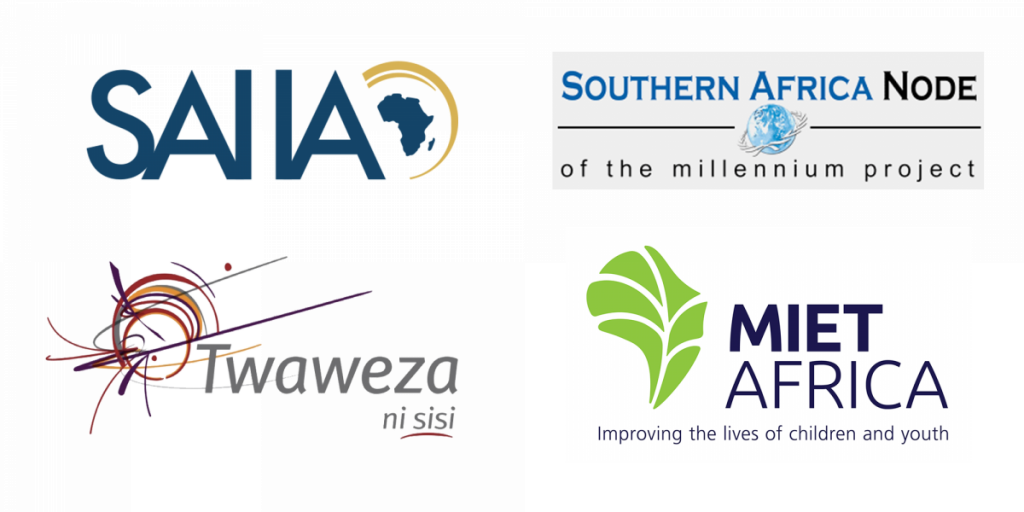
Consortium Partners: SAIIA, SA-Node, Twaweza, and MIET Africa.

